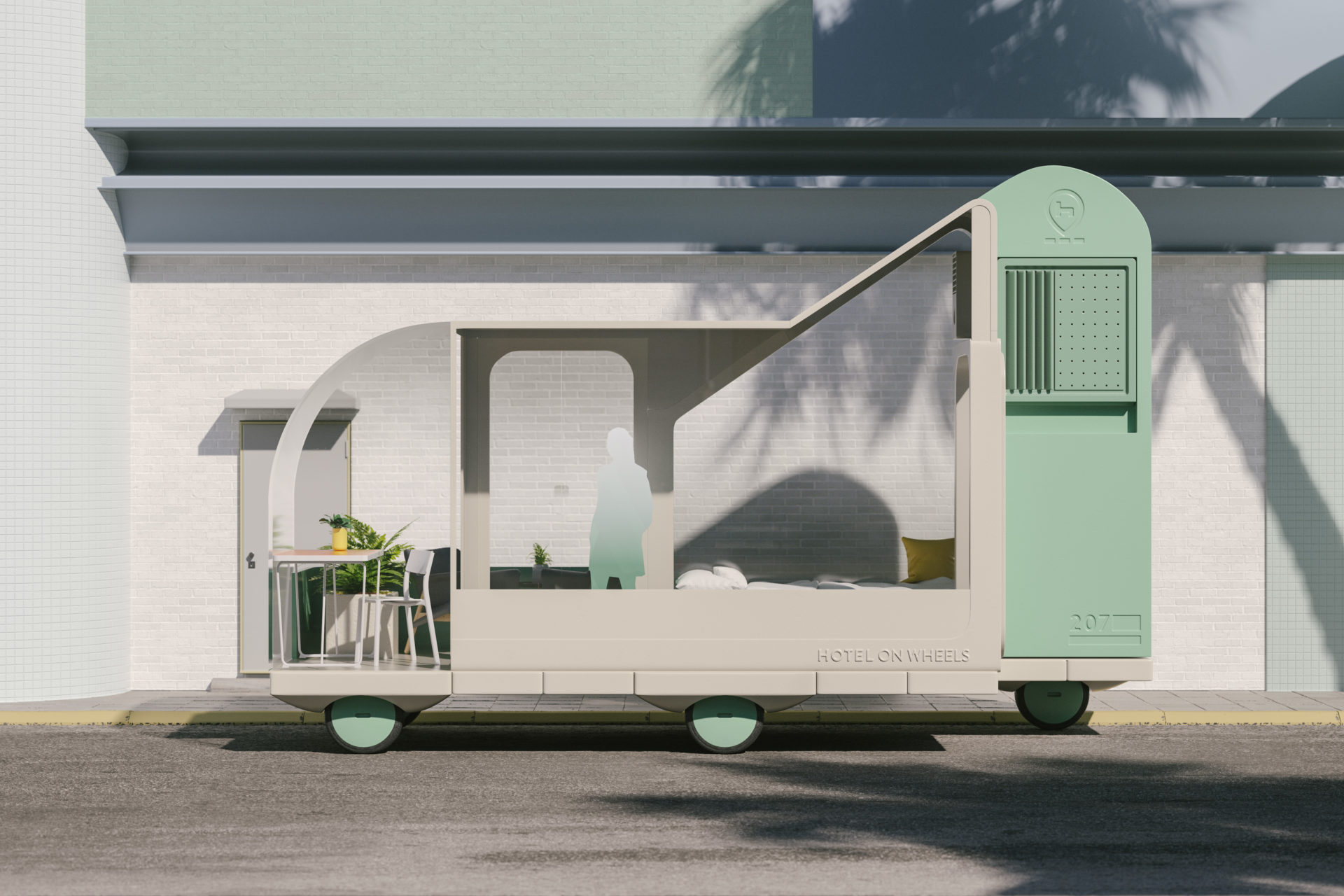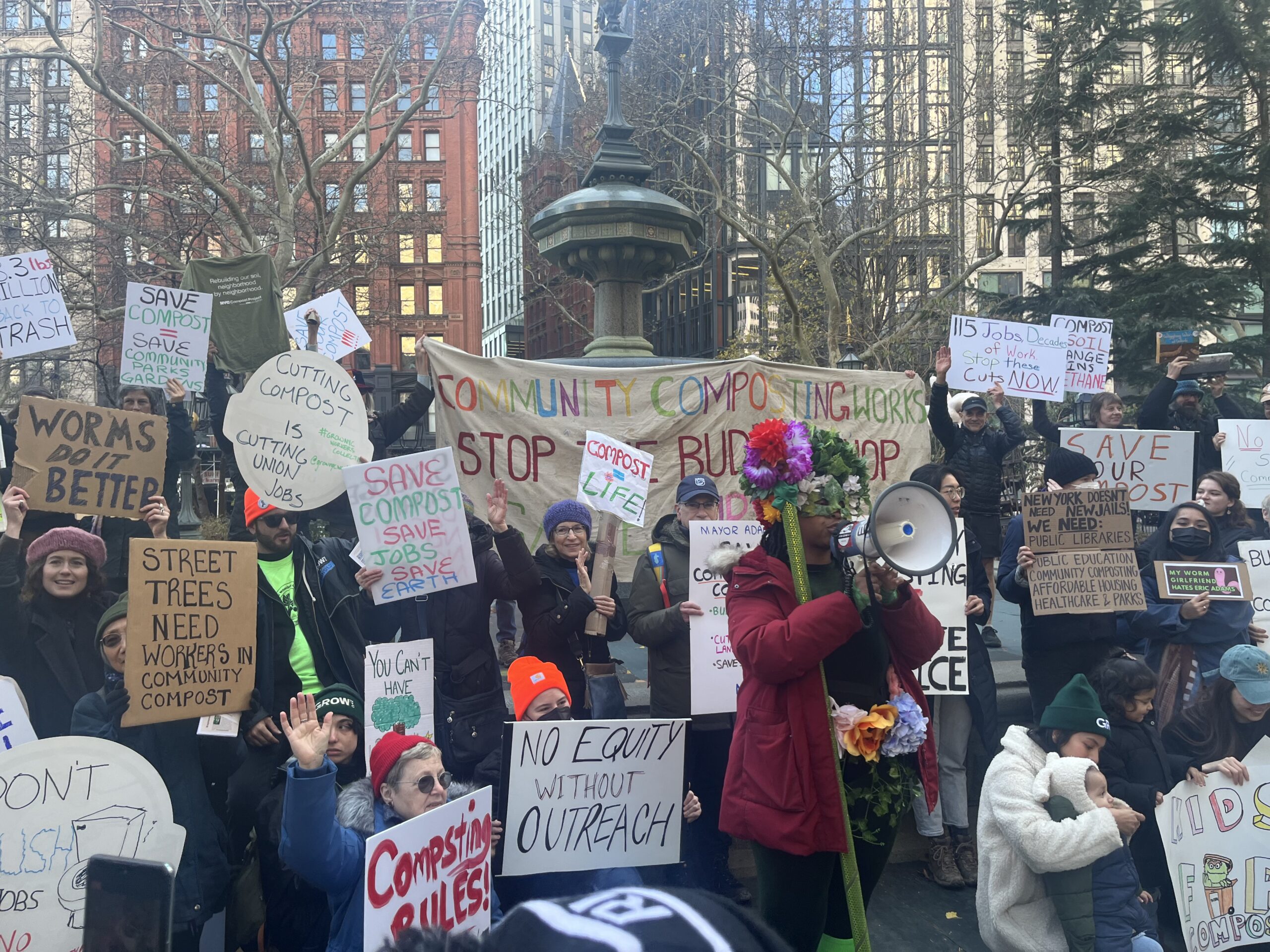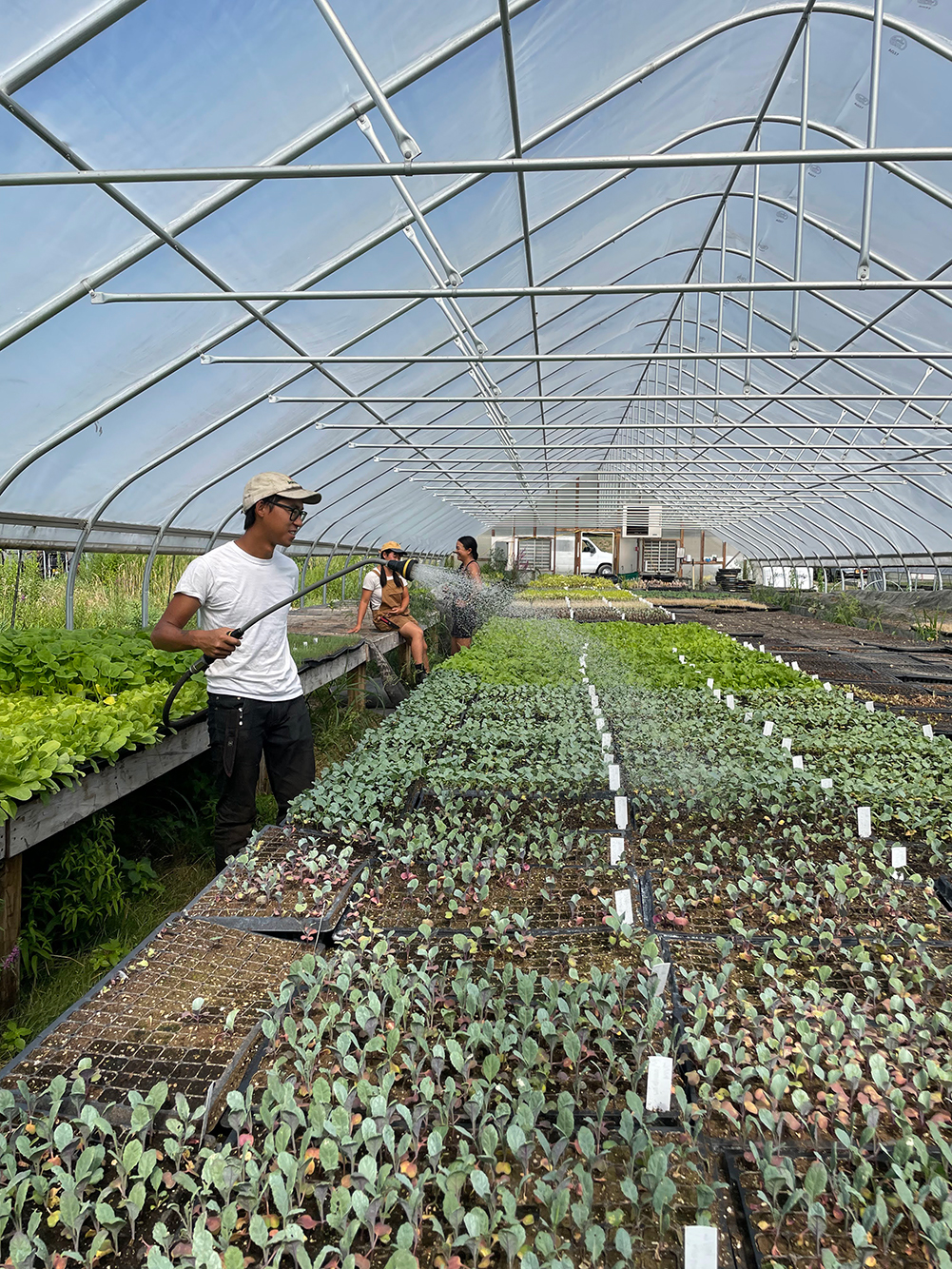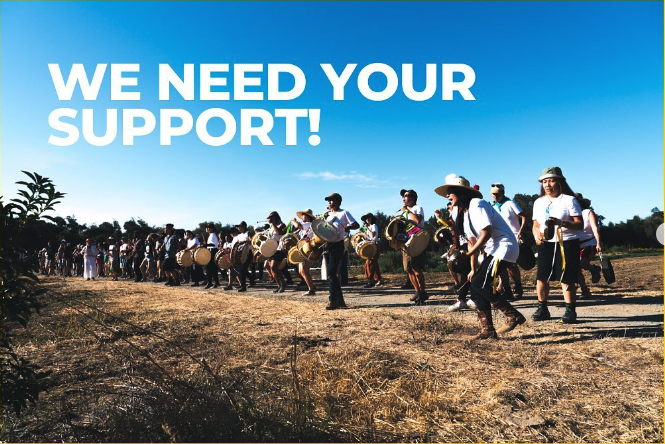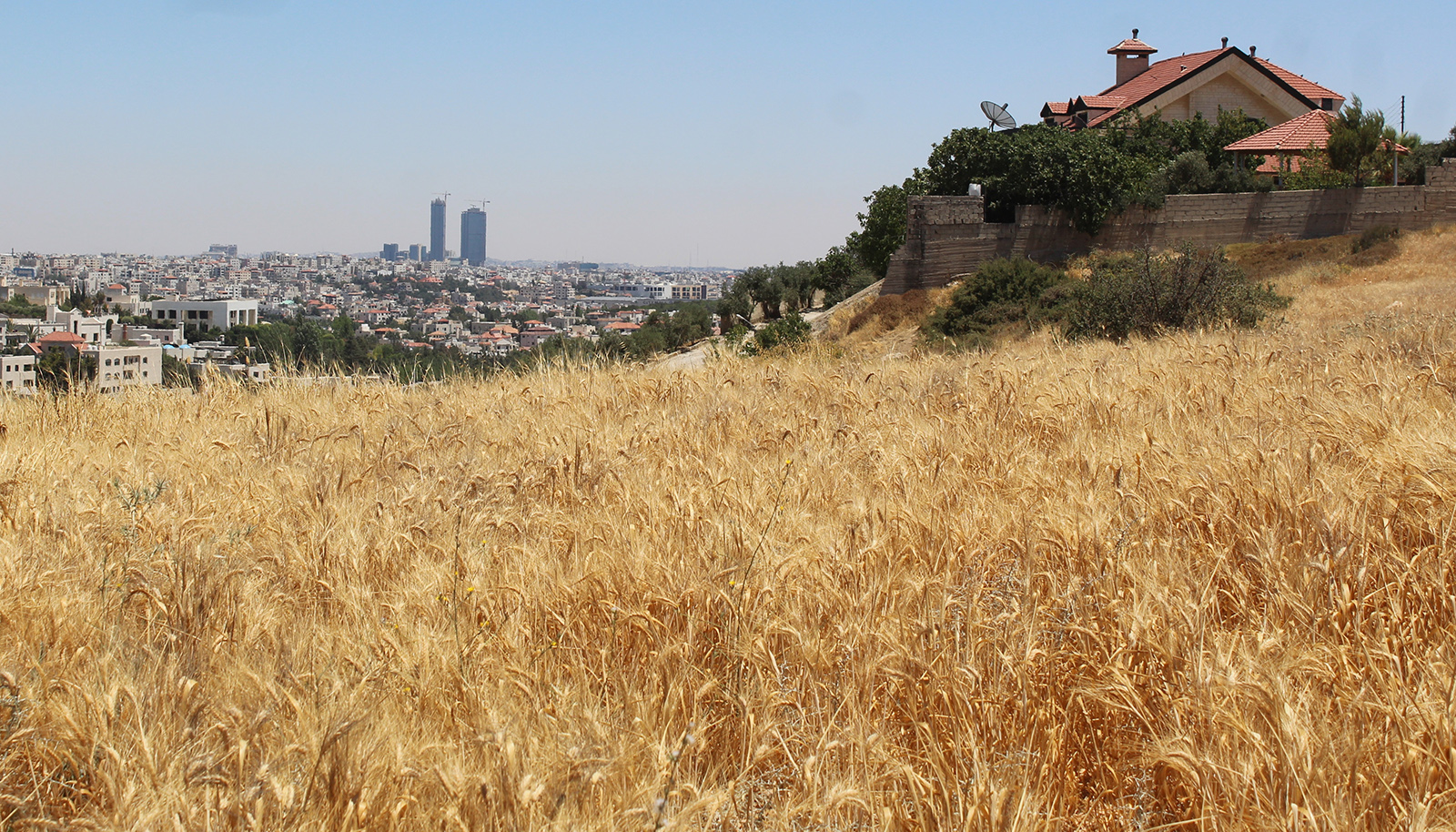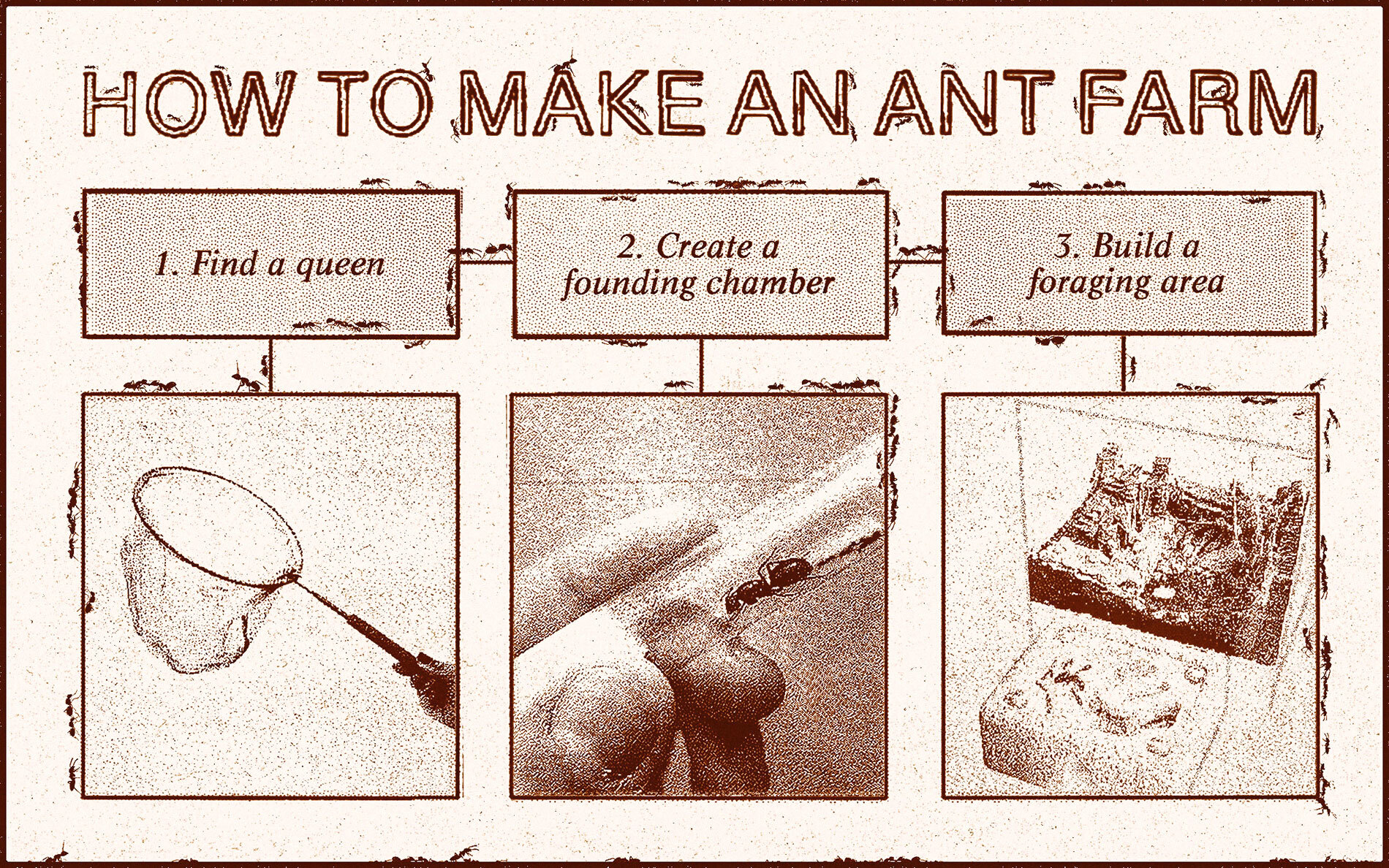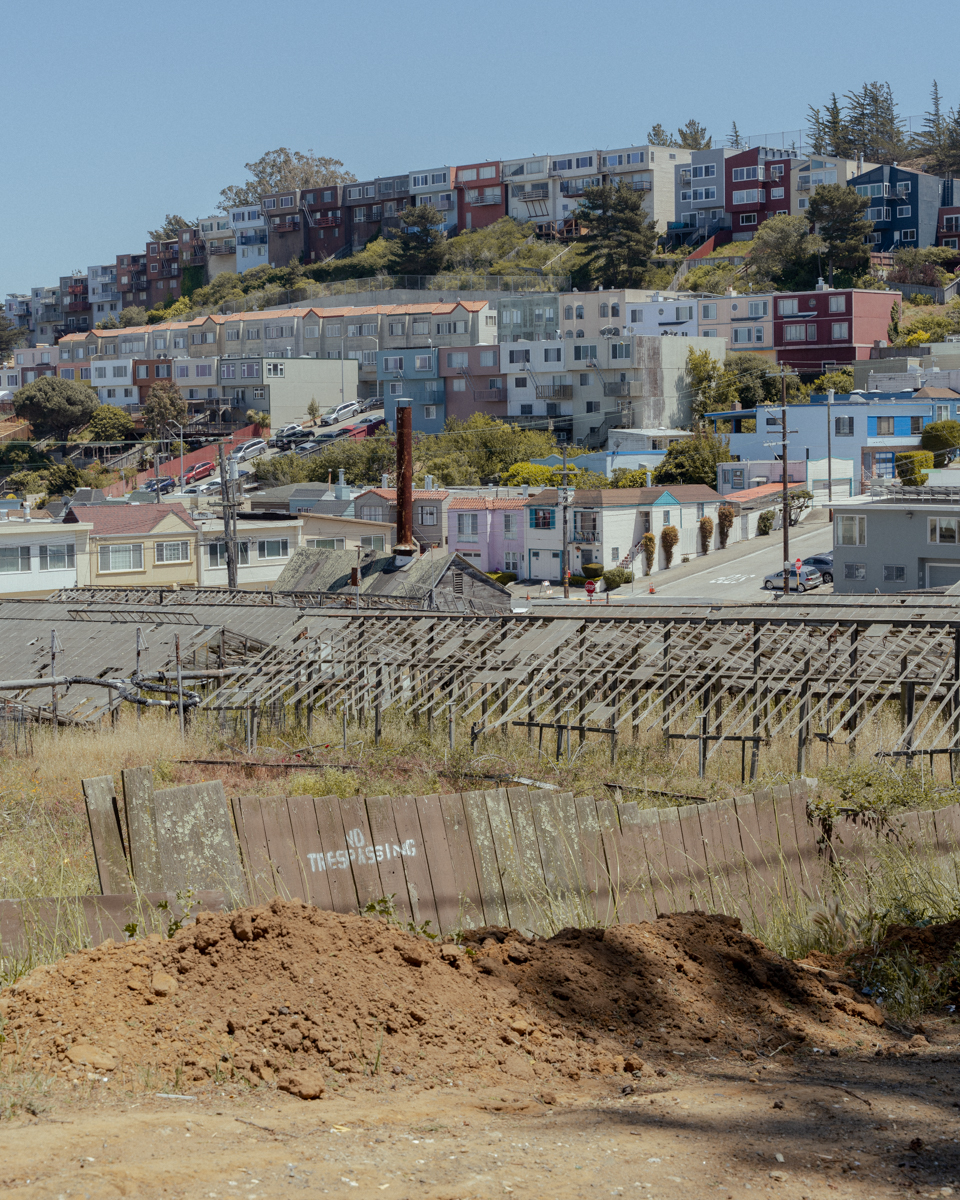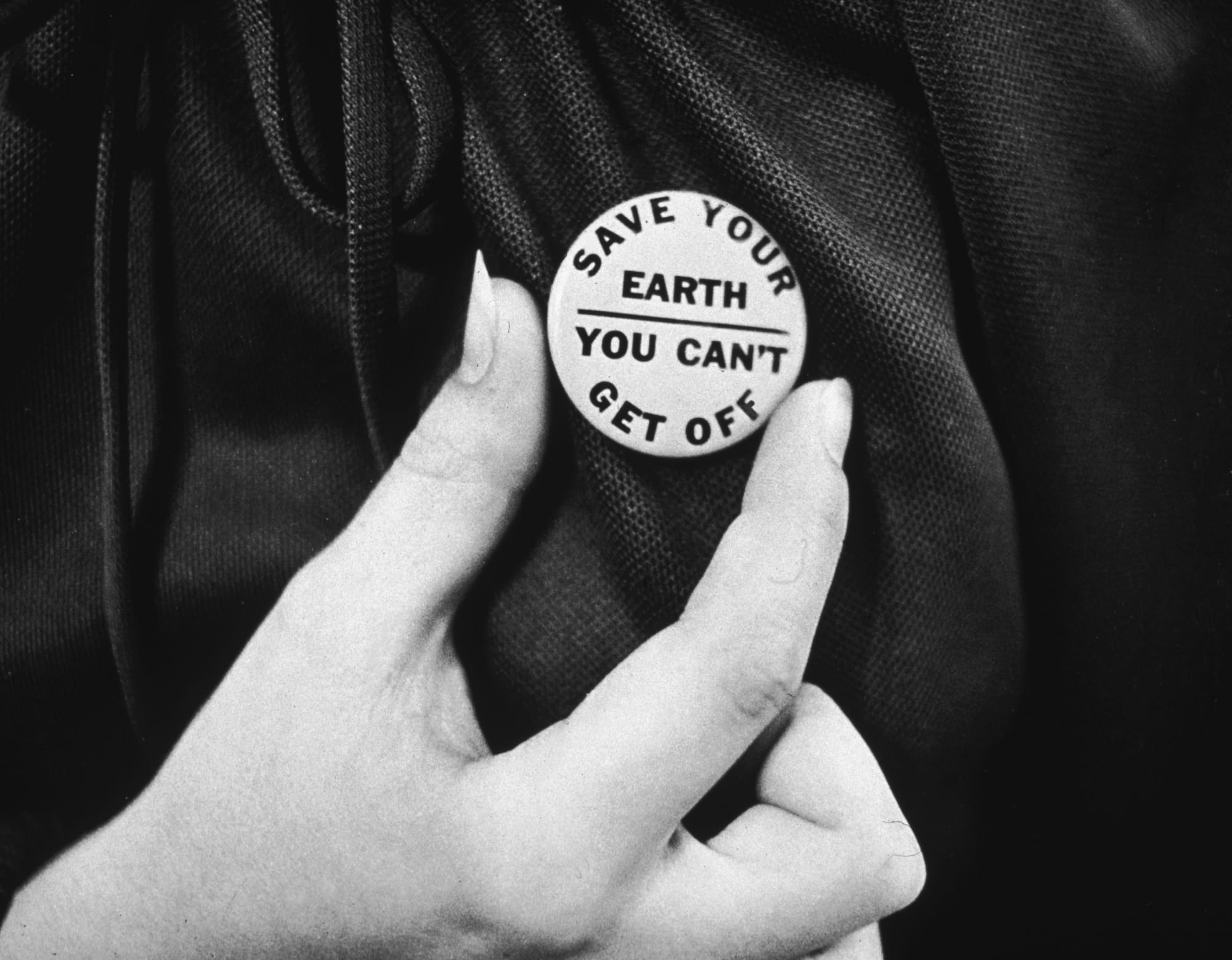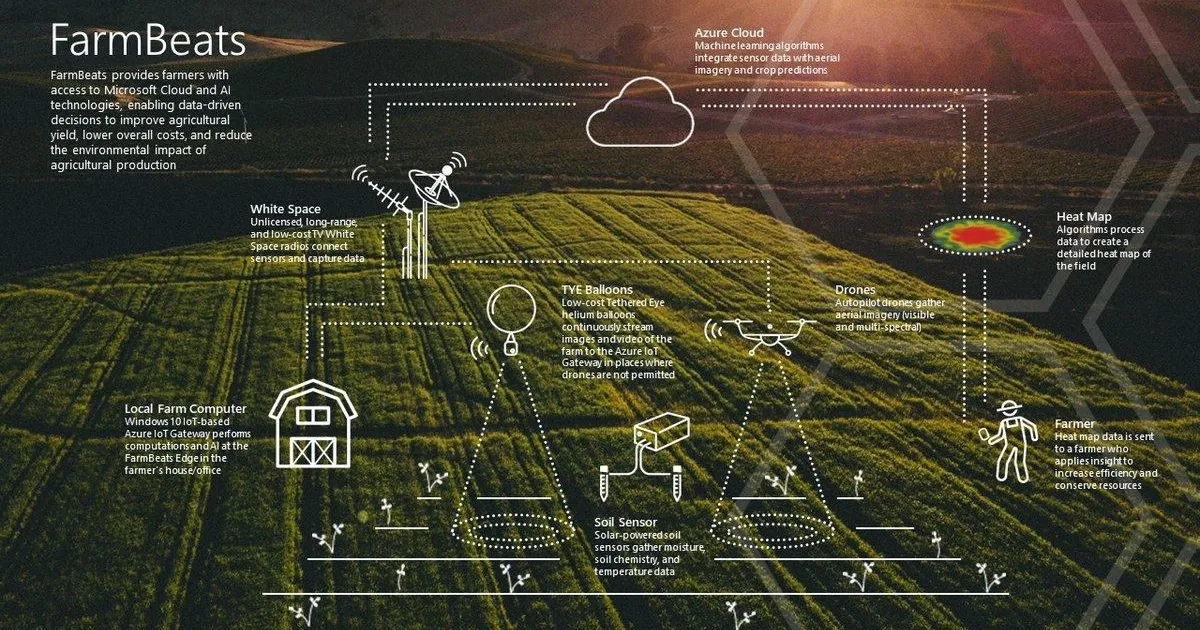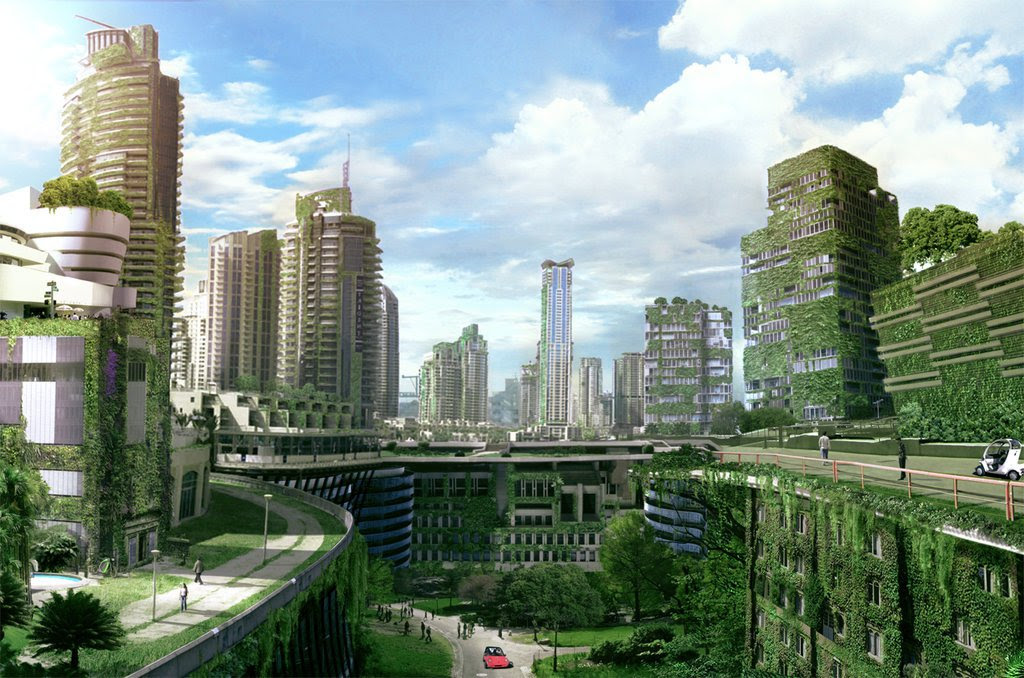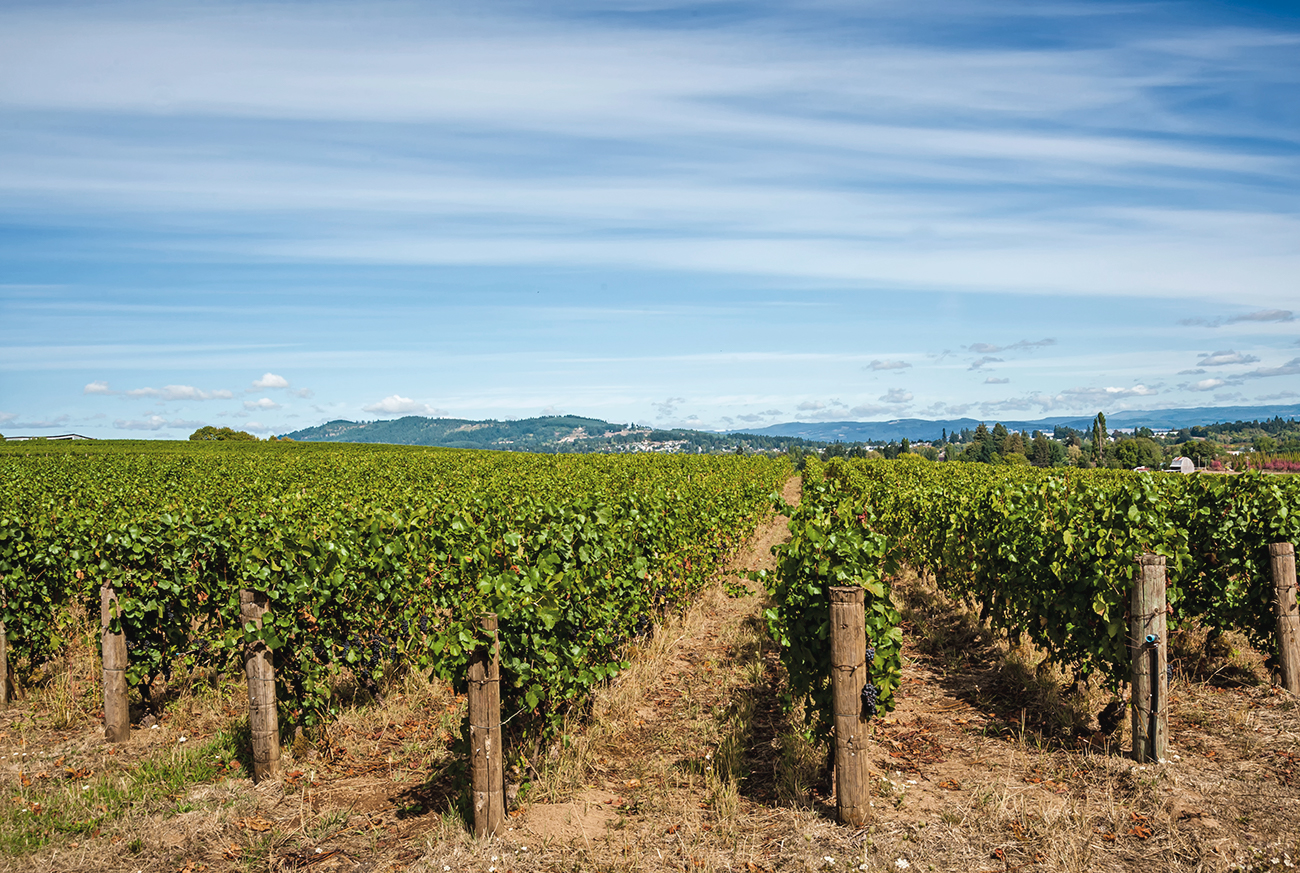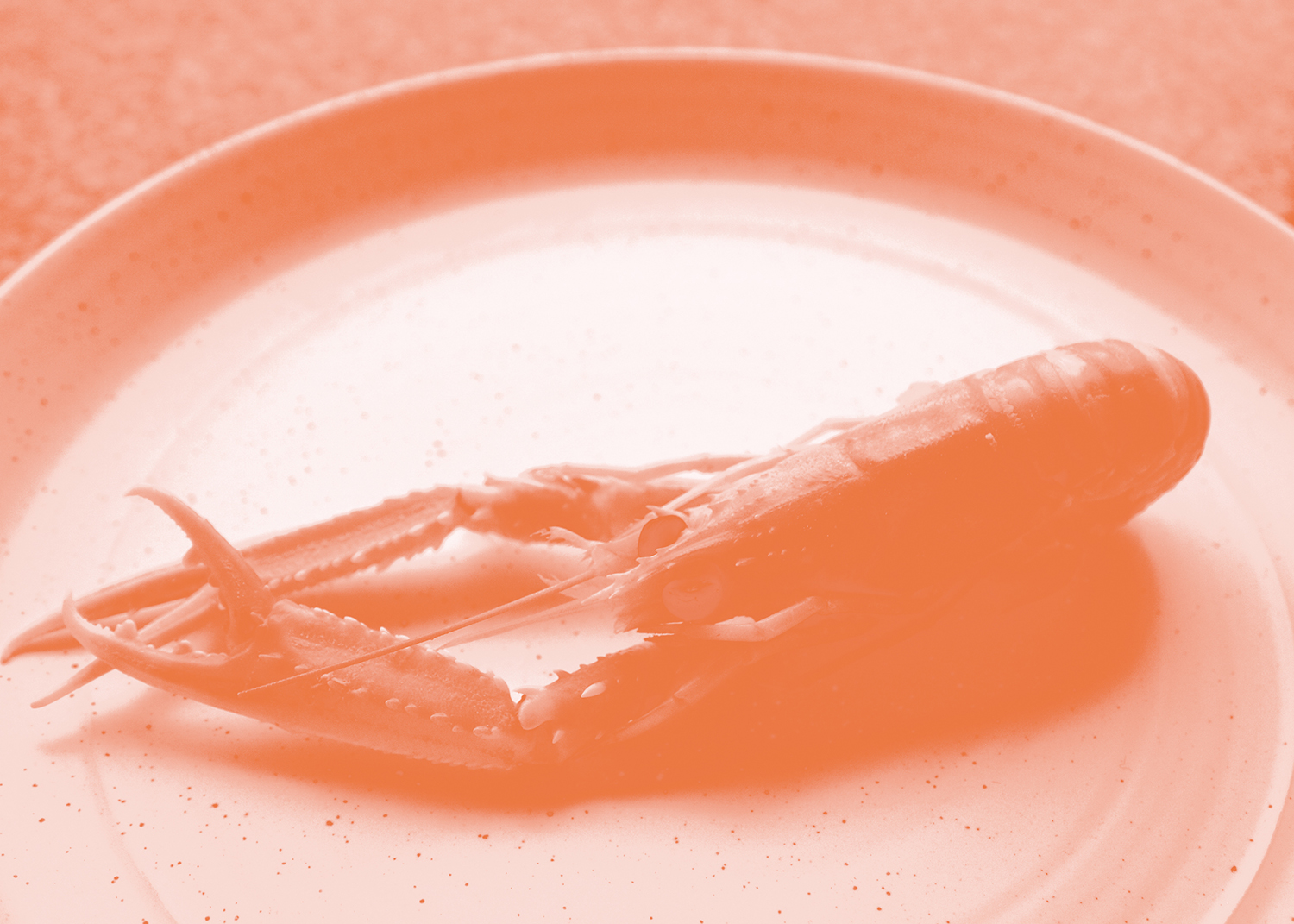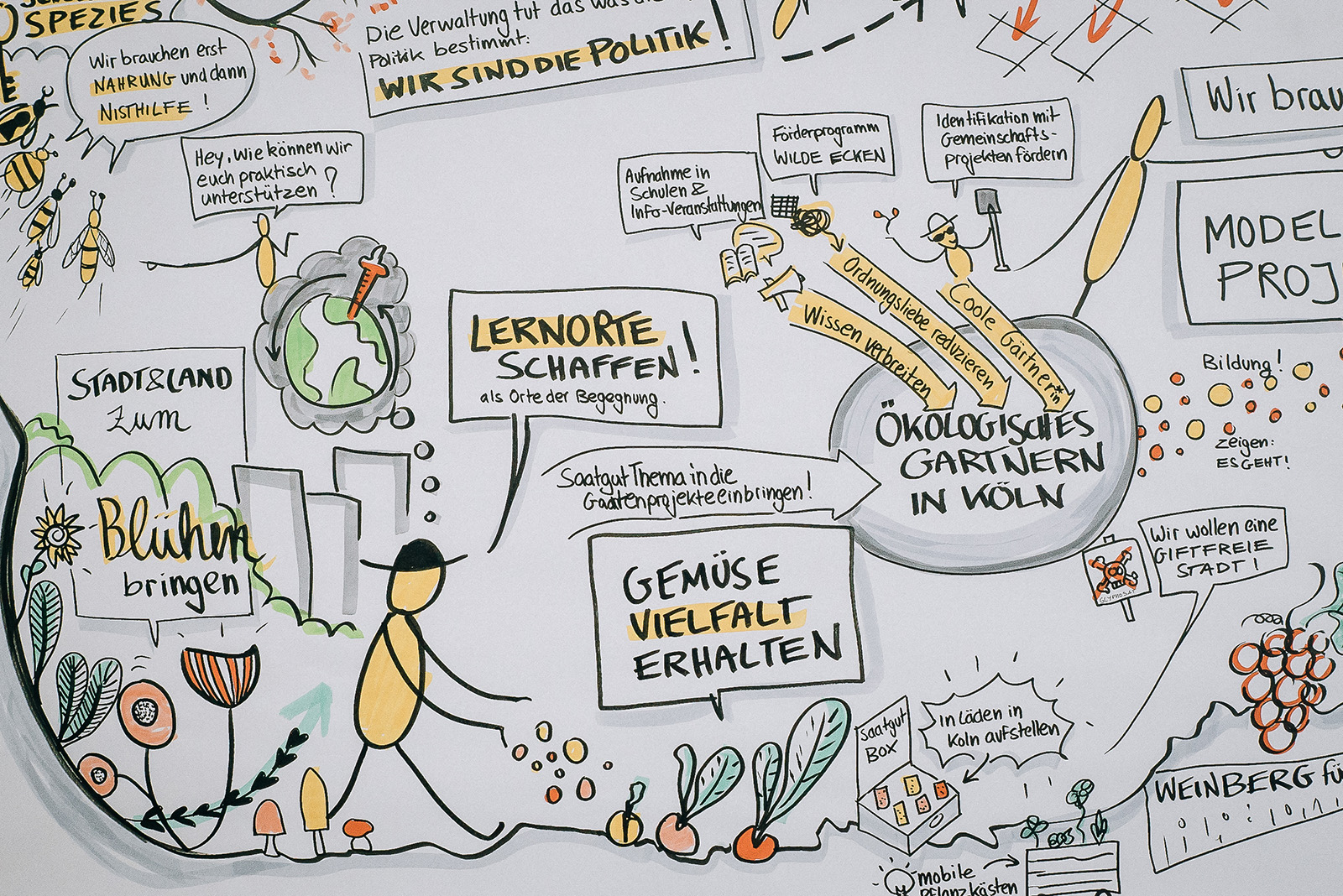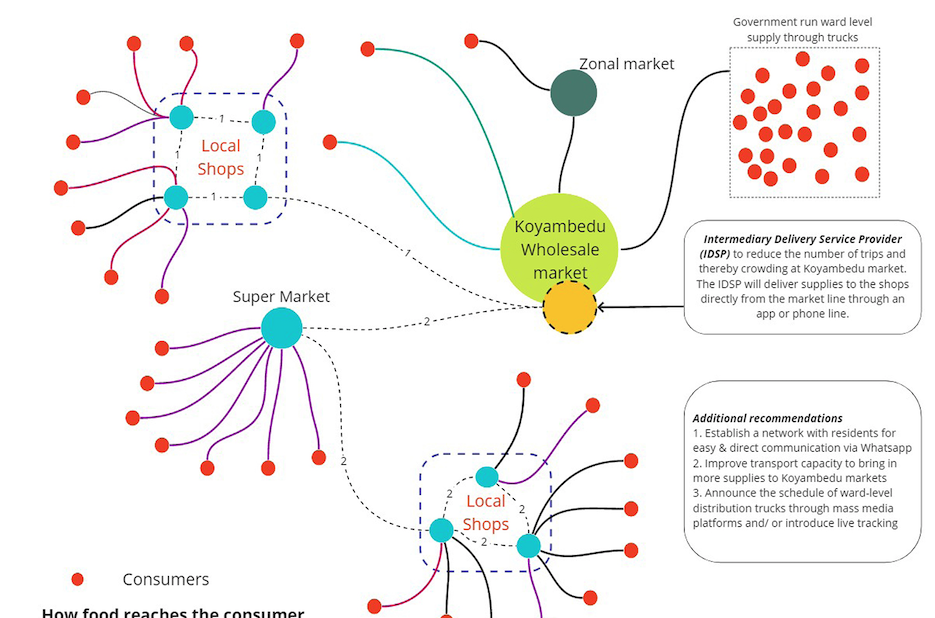Ikea’s future-living lab Space10 has designed a visual exploration of what it sees as the future of the automobile industry – Spaces on Wheels. In an exclusive interview with MOLD, Space10’s Creative Strategist Bas van de Poel pointed out that, “we are on the verge of what could be the most significant period of change in the automobile industry. Technologies like electrification, connected and autonomous driving are making notable progress.” Spaces on Wheels merges Space10’s vision of autonomous vehicles with productive spaces, predicting that people will begin to use cars as office spaces, hotels and cafes. The project is visualized through 3D renderings of what these automated spaces might look like, outlining the design for seven autonomous vehicles. Additionally, the lab mocked up a concept for an interactive app, where users could both book their own Space on Wheels, and explore it through augmented reality.
Alongside the well-designed visual appeal of their project, Space10 compiled a report detailing every concern, question, and crucial point of analysis related to the development of autonomous vehicles. This allows them to pin point not only what a self-driving car is and how it would work, but also the implications these automobiles would have for the economy, including commercial opportunities for investing in autonomous vehicles, as well as which sectors of the economy have the biggest stake in this growing industry.
 Part of Space10’s design for a Farm on Wheels.
Part of Space10’s design for a Farm on Wheels.
Among their designs, Space10 proposed a Farm on Wheels, hoping that self-driving cars could change the way people eat. For people in low income communities, getting access to fresh, healthy produce is often difficult or expensive, especially for locally grown crops. Designed to address food accessibility, van de Poel told MOLD that “Farm on Wheels brings local food to people wherever they are, all while enabling local farmers to expand their businesses.”
Café on Wheels capitalizes on the time people spend commuting in urban environments by transforming the time used for traveling into an opportunity for socialization. While people’s happiness is intimately connected to the quality of their relationships with others, busy work schedules and limited free time can make it difficult to meet and maintain friendships. According to van de Poel, Café on Wheels provides “a mobile space which enables people to catch up with a friend when they need to keep moving on a busy day.” The Café on Wheels also reminds us of MOLD contributor Michael DiTullo’s 2015 concept for self-driving Starbucks as both business opportunity and newly defined “third spaces” of the future.
Spaces on Wheels is designed for a future where time is scarce—autonomous vehicles may be the answer to long commute times and clogged transportation infrastructure. By mobilizing productive spaces, our time spent traveling could become useful, instead of being wasted. As highlighted by Space10’s project, this radical change in automation would have implications for food systems, changing both the way people access produce and the places in which we socialize over a cup of coffee.
